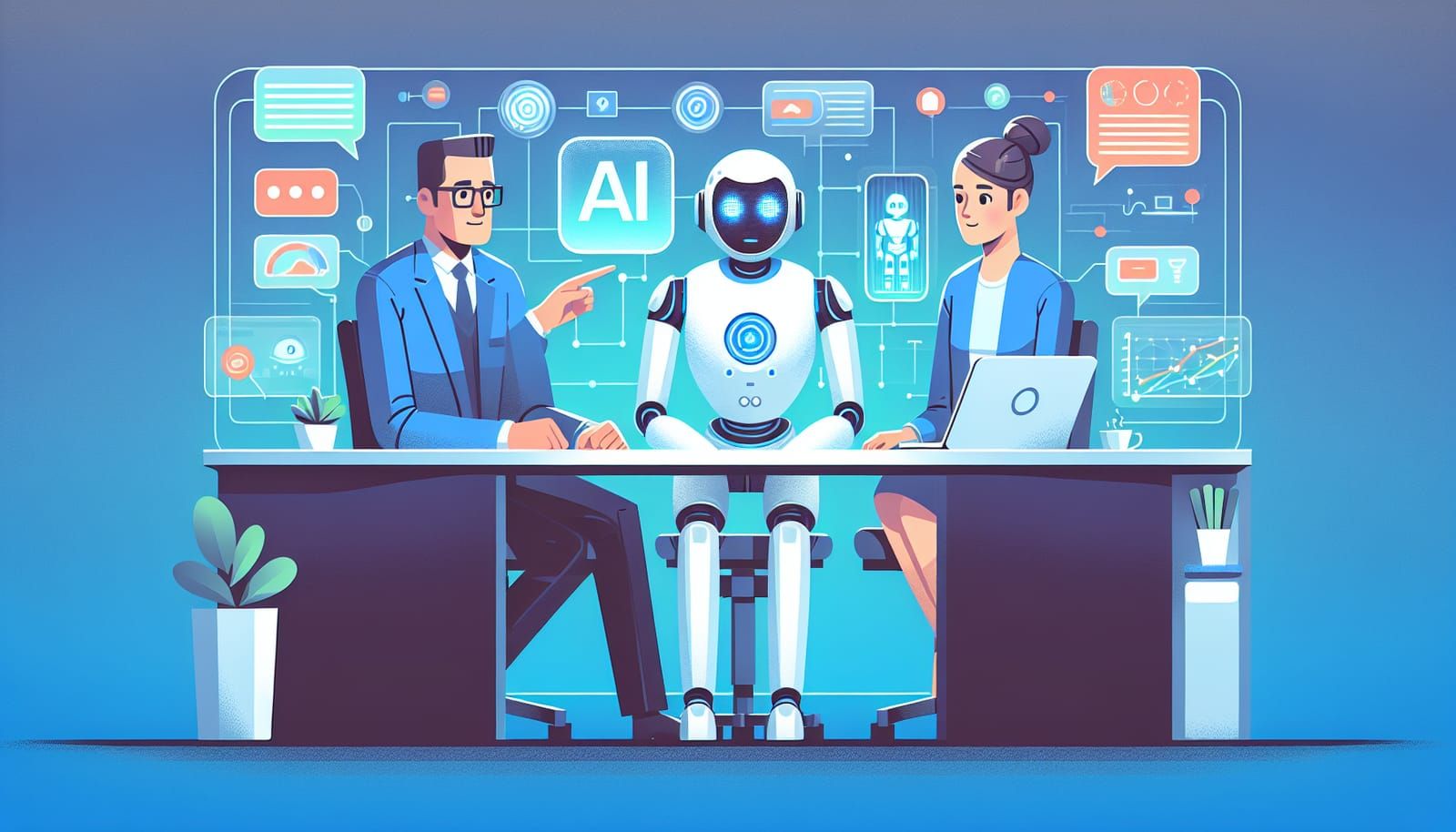Artificial Intelligence (AI) is a hot topic these days. From chatbots that help us find answers to complex algorithms driving our favorite apps, AI is everywhere. But with great power comes great responsibility. As AI continues to evolve, the question of ethics—what is right and what is wrong in the world of AI—becomes more critical than ever. Who gets to decide these ethical boundaries? In this article, we will explore the intricacies of AI ethics and its implications for our future.
What Is AI Ethics?
AI ethics refers to the moral implications and societal consequences of using artificial intelligence. It involves asking questions about fairness, accountability, transparency, and the impact of AI on human life. Essentially, AI ethics seeks to ensure that AI technology is developed and used in ways that align with our values and well-being.
Imagine you have a robot friend who can help you with your homework. If that robot gives you answers that are unfair or biased, it would not only hurt your learning but could also lead to unfair treatment of others. AI ethics helps us figure out how to prevent such situations.
The Importance of Ethical AI
AI has the potential to change our lives in significant ways, from making healthcare more efficient to improving transportation systems. However, if not governed by ethical considerations, these advancements could also lead to negative outcomes. For example, AI systems used in hiring processes might unintentionally discriminate against certain groups of people if not designed carefully.
The importance of ethical AI can be summed up in three key areas:
- Fairness: Ensuring that AI systems treat everyone equally, regardless of race, gender, or socioeconomic status.
- Transparency: Making it clear how AI systems make decisions, so people can understand and trust them.
- Accountability: Holding individuals and organizations responsible for the consequences of AI decisions.
These principles help us create a future where AI serves humanity rather than harms it.
Who Decides What’s Ethical?
Determining what is ethical in AI isn't straightforward. Different cultures have different values, and what might be considered acceptable in one society could be frowned upon in another. Here are some key players involved in making these decisions:
Governments: Many countries are starting to create laws and regulations that guide the ethical use of AI. These rules are meant to protect citizens and ensure that AI technology is used responsibly.
Tech Companies: Companies that develop AI technologies have a significant role in setting ethical standards. They often create their own guidelines and practices to ensure their AI products are fair and beneficial.
Academics and Researchers: Scholars and ethics experts study AI's impact and propose frameworks for ethical guidelines. Their research is vital for understanding the broader implications of AI.
The Public: As AI becomes more integrated into everyday life, the general public's opinions and values will shape ethical considerations. Engaging in conversations about AI can help influence the decisions made by policymakers and tech companies.
The Dangers of Unethical AI
When AI systems are not developed with ethics in mind, the consequences can be serious. Here are a few examples of what can go wrong:
Bias: If an AI system is trained on data that is biased, it can produce biased outcomes. For instance, facial recognition technology has been found to misidentify people of color more often than white individuals, leading to unfair treatment and potential legal issues.
Surveillance: AI technologies can be used for mass surveillance, infringing on personal privacy. This can create a society where people feel constantly watched, stifling free expression and creativity.
Job Displacement: Automation driven by AI can lead to job losses in certain sectors. If not managed ethically, this can exacerbate inequality and leave many people without opportunities.
Striving for a Better Future
As we look toward the future, the goal should be to create AI technologies that are ethical, inclusive, and beneficial to all. Here are some steps we can take:
Education: Learning about AI and its ethical implications can empower individuals to participate in discussions about its future. Schools and universities can play a vital role in teaching students about these important topics.
Public Engagement: We should encourage conversations about AI ethics in our communities. Town halls, workshops, and online forums can provide platforms for people to share their thoughts and concerns.
Collaboration: Governments, tech companies, and researchers must work together to establish guidelines and best practices for ethical AI. This collaborative approach can help ensure that diverse perspectives are considered in decision-making.
Innovation with Integrity: Developers and engineers should prioritize ethical considerations when designing AI technologies. This means thinking critically about the potential outcomes and impacts of their creations.
Conclusion: A Collective Responsibility
The ethics of AI is a multi-faceted issue that requires input from various stakeholders. Ultimately, we all have a role to play in shaping the future of AI. As technology continues to evolve, our discussions around ethics must also grow and adapt. By engaging in these conversations, advocating for fairness, and holding systems accountable, we can harness the power of AI for good.
As we navigate the complexities of AI ethics, remember that the choices we make today will influence the world of tomorrow. Let’s strive to develop AI that respects our values, enhances our lives, and paves the way for a brighter, more equitable future. Together, we can ensure that AI serves as a tool for empowerment rather than a source of division.
In the end, the question of who decides what is right or wrong in AI may not have a simple answer. But by working together, we can create a framework that guides AI development and usage in a way that reflects the best of humanity. So, let’s get involved, stay informed, and make our voices heard for a responsible AI future!


